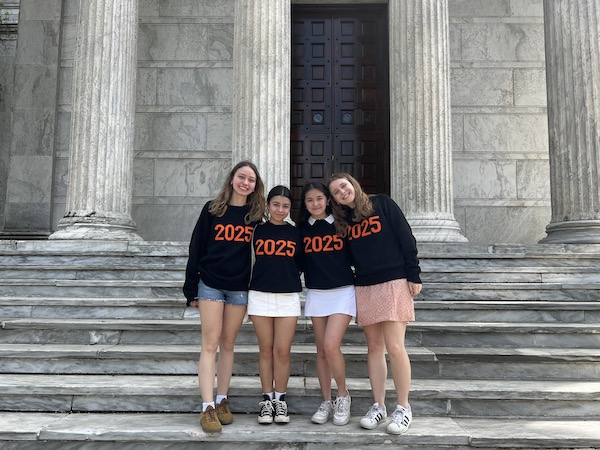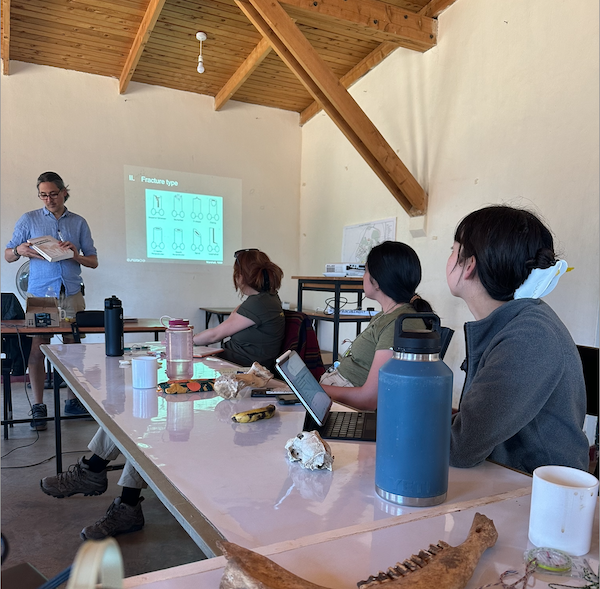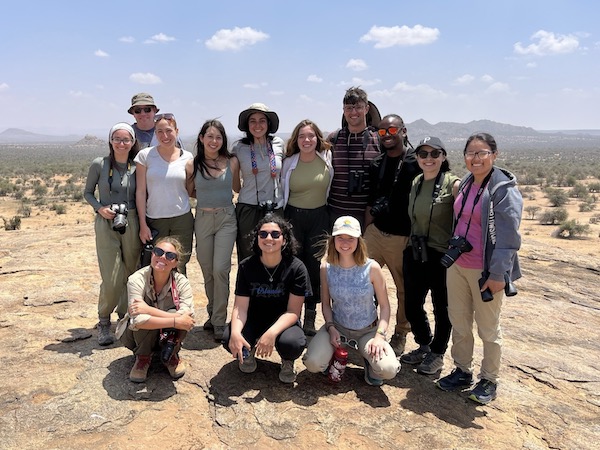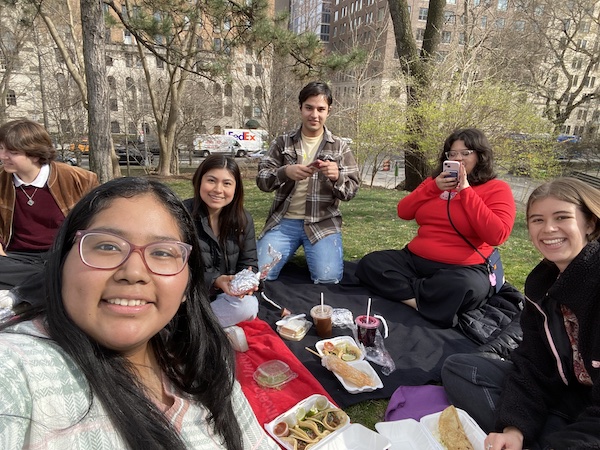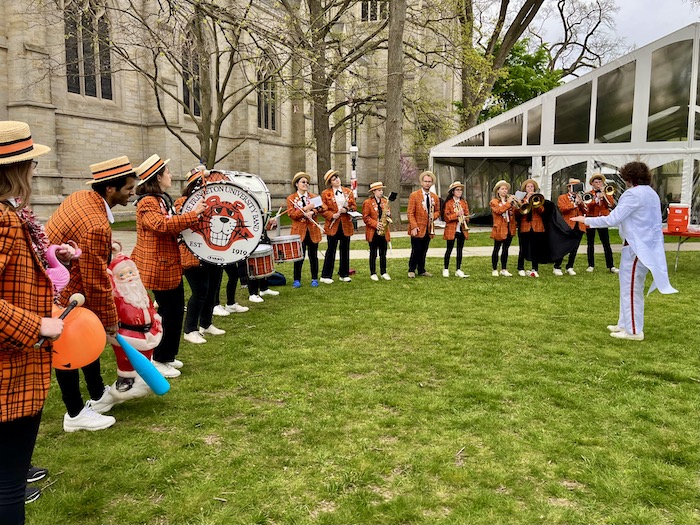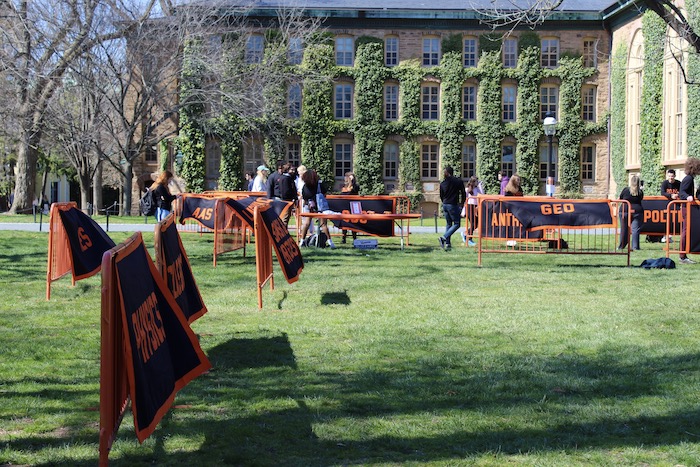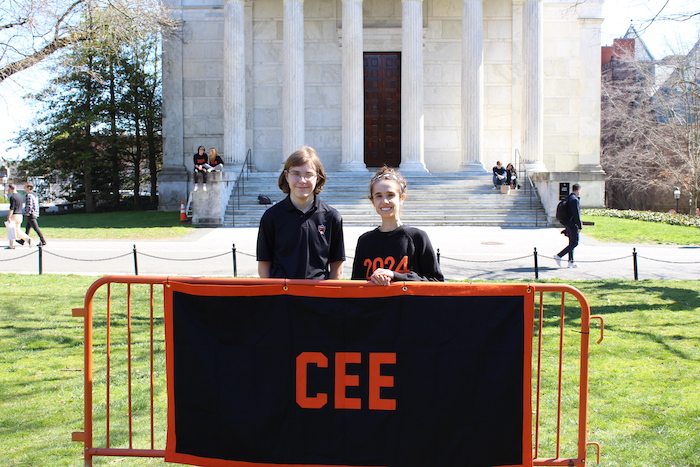The search for my final summer at Princeton is finally starting and I couldn’t be more conflicted. While my finance, consulting, and engineering friends already secured their internships, I find myself with a big question mark over my head. Princeton, because of its vast array of opportunities, makes it so hard to decide what’s the best way to spend my last summer. The biggest challenge is not finding something to do but deciding on one thing. Do I continue to research with the lab I’m currently doing my independent work with? Or do I apply for another international internship and spend my summer in a new country? Perhaps, I should stay within the US and intern at a non-profit organization through Princeton Internships in Civic Service (PICS). When people say there are endless opportunities at Princeton, they aren’t lying. As I navigate my choices, I realize I'm preparing for what comes after the orange bubble. It's about equipping myself with skills, experiences, and memories that will shape my career and how I will remember my time here. I decided to do a bit of a rundown on the people at Princeton I reached out to help guide my search.
Professors
Seminars are one of my favorite class formats at Princeton and I’m currently taking a seminar called “The Psychology of Adversity.” Prof. Rebecca Carey is teaching the course and she is also my advisor for my junior paper. One thing I love about being a part of her seminar and lab is moving from the seminar room to our lab room. I love talking with her about our discussion topics from class and also hearing her insight about doing research. Soon, I’ll be meeting with her to discuss general questions regarding her journey applying to graduate school and her experience throughout. I love to sit with anyone who has the time to talk to me about their experiences because it allows me to gather different perspectives and within that, figure out which route I’d like to take.
Alumni
The Princeton Psychology Society recently had a Career Expo where students were able to meet various professionals in the field of psychology. The goal of the event was to have an informal discussion surrounding various career paths and create connections with alumni who were invited to speak. I was excited to talk with an alumnus who was a Licensed Clinical Social Worker (LCSW), self-employed in private practice. Her path to landing as an LCSW was very interesting and it taught me that there is no linear way to achieving my end goal. While I might be trying to find the best way to become a practicing psychologist, her experience shows that I don’t have to be too worried about making all the right decisions.
Career Center
The Career Center is such a useful resource for anything related to career planning. I’ve used the resources multiple times whether it be for finding a winter break internship (aka Princeternship, read about mine here), guidance regarding graduate school and this time around – to find a summer internship. I remember my first time stepping into the office, I was a sophomore already worried about graduate school. Now, I’m still worried about graduate school but I’m more focused on what this summer means for my applications. Taking my degree into consideration, the staff at the Career Center advised me to continue with research as that’s a typical route for those applying to graduate school. They also offered other suggestions such as working with children in a camp setting or finding open positions on Handshake (an internal Princeton platform for exploring internal resources and external opportunities).







